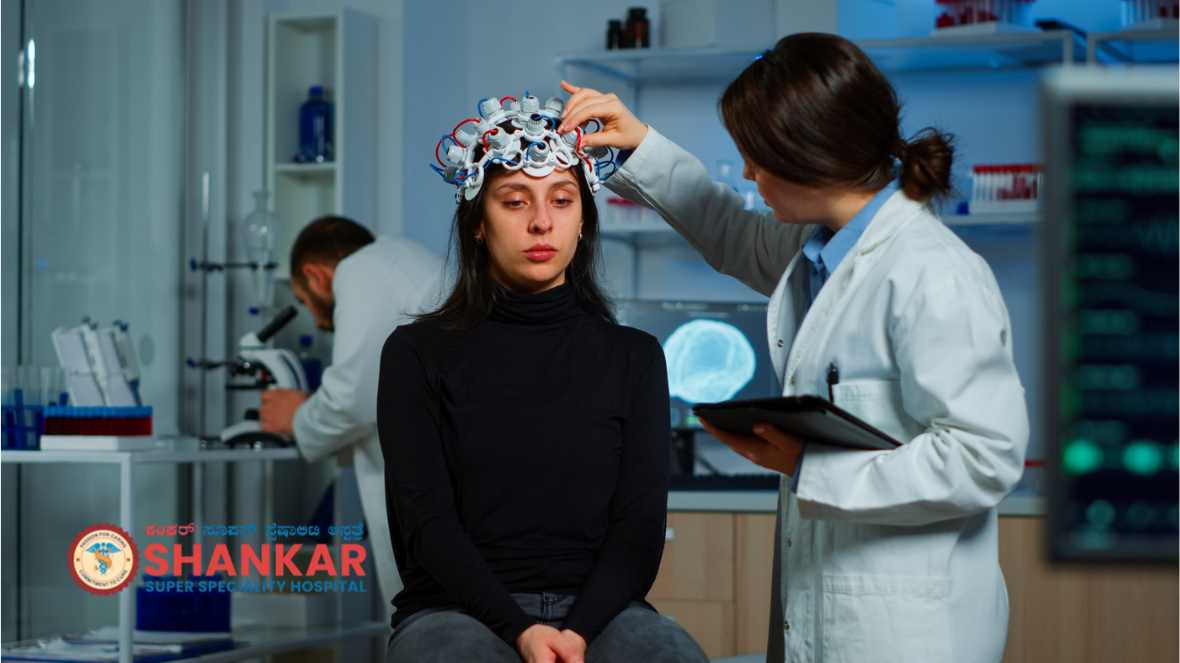

E-Brochure - Download Now!


Neurological conditions encompass many disorders affecting the brain, spinal cord, and nerves, impacting millions globally. These conditions, including Alzheimer's disease, Parkinson's disease, and epilepsy, significantly affect patients' quality of life, leading to cognitive, motor, and sensory impairments. According to WHO over 1 in 3 people are affected by neurological conditions, the leading cause of illness and disability worldwide.
The good news is that neurology is experiencing a revolution, with exciting advancements in diagnosis and treatment offering renewed hope for millions. This blog is here to educate you about neurological condition treatments and advancements in the field of neurology.
Diagnosing neurological conditions is a complex process, often requiring a multifaceted approach. Traditional diagnostic methods, such as clinical evaluations and basic imaging techniques, can sometimes fall short of accurately identifying the root cause of symptoms. This complexity can lead to delays in diagnosis and treatment, exacerbating the emotional and physical toll on patients and their families. The uncertainty and progression of these conditions often bring about significant stress, underscoring the need for more precise and early diagnostic tools.
Technological advancements have revolutionised the field of neurological diagnosis, offering more precise and early detection methods.
These advancements collectively improve diagnostic accuracy, enabling earlier and more effective treatment interventions.
The landscape of neurological treatment is evolving, with several promising new options on the horizon.
These innovative treatments aim to manage symptoms and address the underlying casualties of neurological conditions, paving the way for more effective and sustainable outcomes.
These advancements translate into real hope for patients. Earlier and more accurate diagnosis paves the way for timely intervention, potentially slowing disease progression and improving quality of life. Additionally, new treatments aim to address the root cause of conditions, offering a more permanent solution.
The journey towards conquering neurological disorders is far from over. Ongoing research delves into areas like brain-computer interfaces and neuro-engineering, hinting at even more transformative breakthroughs in the future.
Advancements in the diagnosis and treatment of neurological conditions are transforming the landscape of neurological health. High-resolution imaging, biomarkers, genetic testing, and telemedicine enhance diagnostic accuracy, while gene therapy and neuromodulation offer promising new treatment avenues. As research progresses, the future holds even greater promise for improved management and potential cures for neurological disorders, marking a new era of hope and healing.
Dealing with a neurological condition can be daunting and overwhelming, leaving patients and their families searching for answers and effective treatments. At Shankar Super Speciality Hospital, we understand these challenges. Our highly skilled neurologists and healthcare professionals are dedicated to improving neurological health through personalised care and the latest medical advancements. If you or a loved one are experiencing symptoms of a neurological condition, don't wait. Schedule an appointment today and take the first step towards a brighter, healthier future.